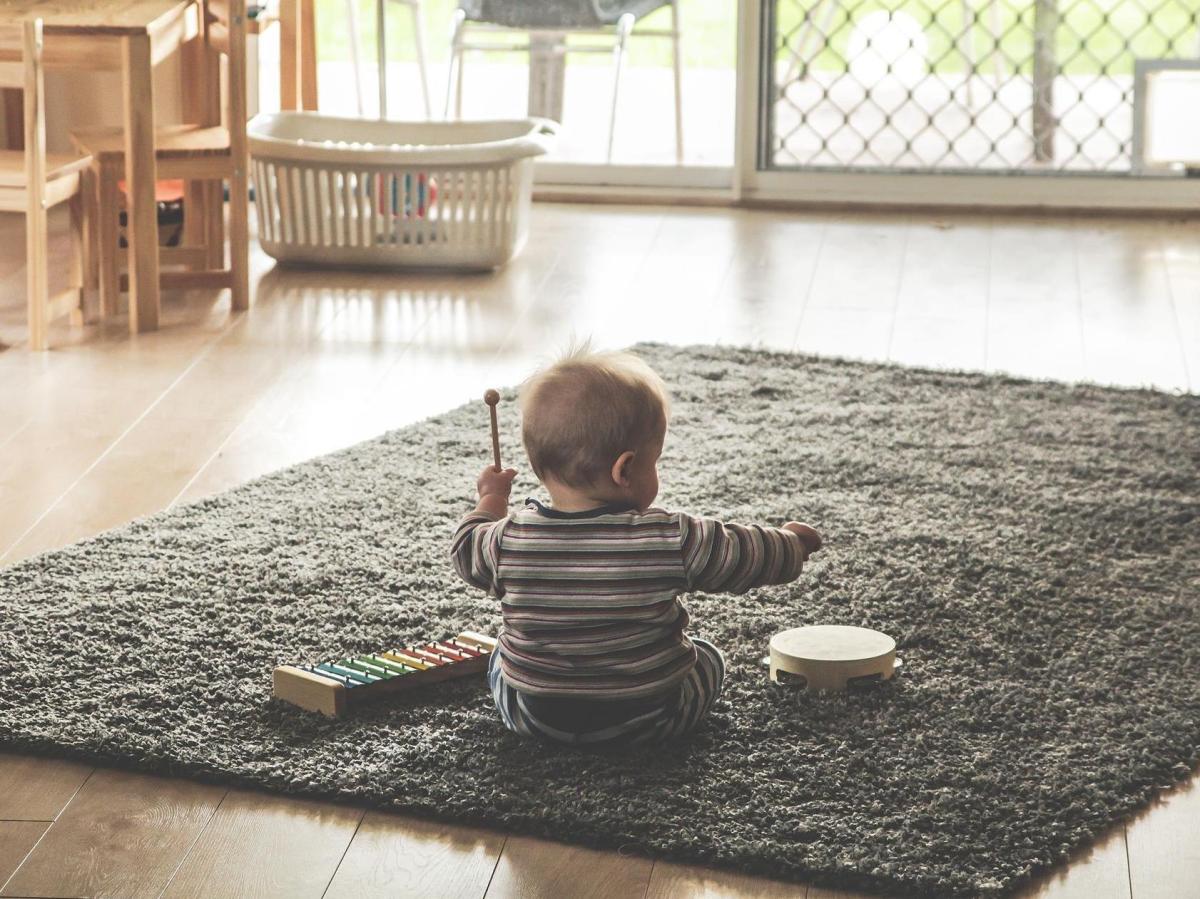Image via pixabay.com
Forget the Mozart Effect and Baby Einstein, take it easy on acquisitions for your two-year-old’s private library, and don’t fret if your three-year-old hasn’t started violin lessons just yet.
The key to unlocking a child’s potential intelligence and happiness may indeed lie in music, but succumbing to the commercial juggernaut that is the baby-genius-making industry may not be in either your child or your wallet’s best interest.





